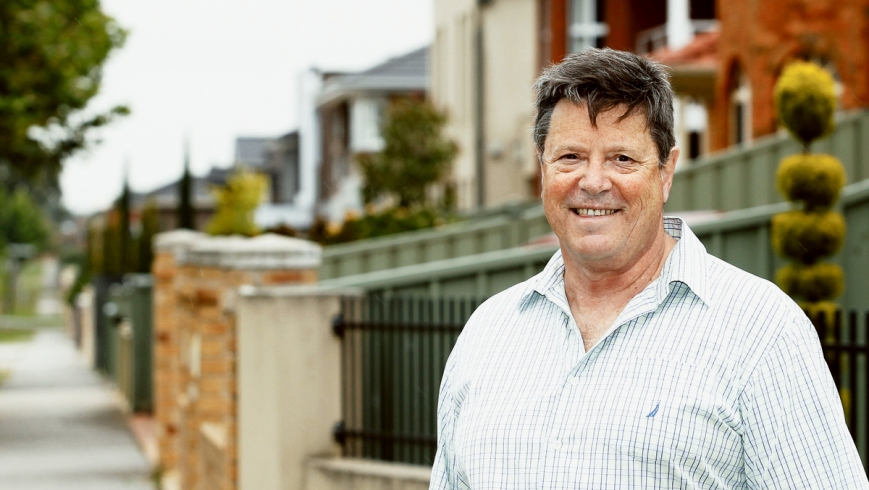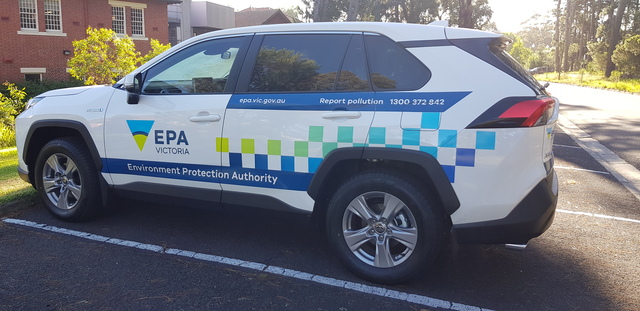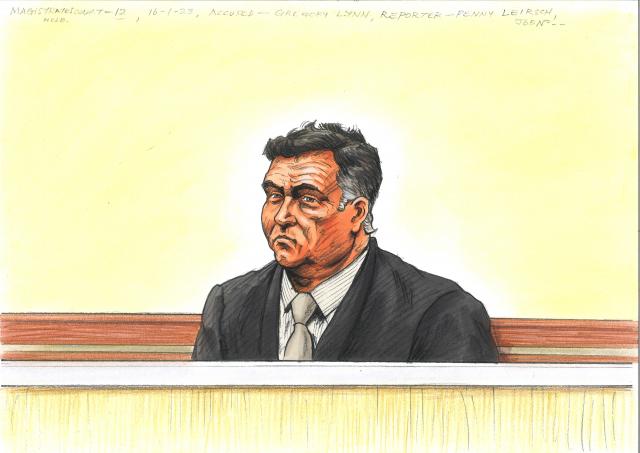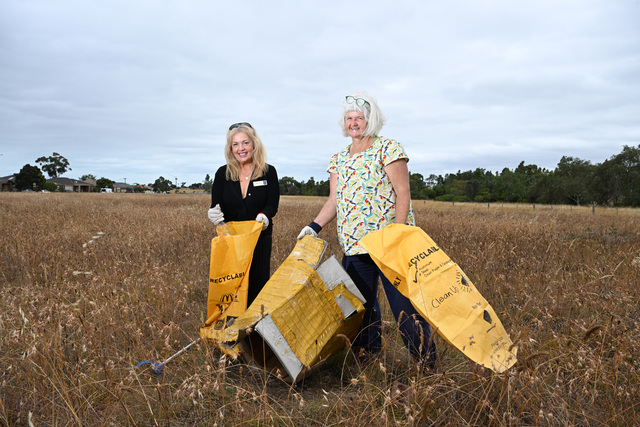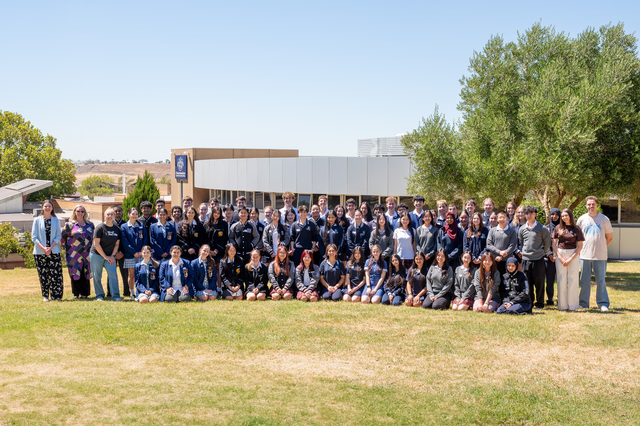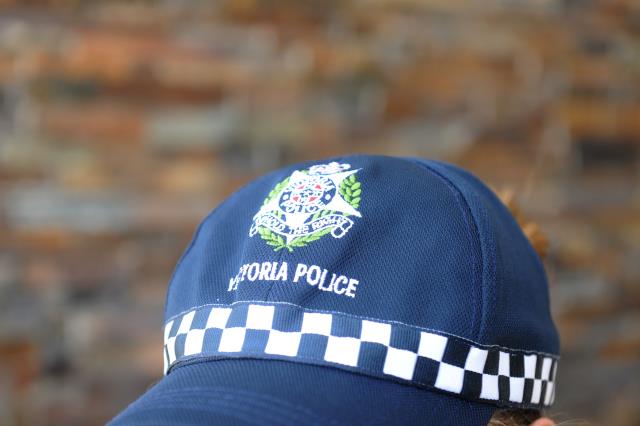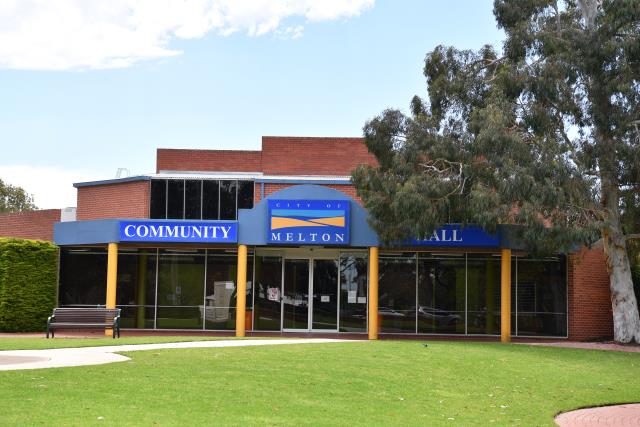Sunshine North has been identified as a priority area in a plan designed to increase liveability in the west.
The Greening the West report, co-authored by Brimbank council, nominates Sunshine North for future expenditure to boost health and wellbeing given the current high rates of type 2 diabetes – seventh-worst in the state – and a lack of open spaces.
Open space campaigner John Hedditch said central Sunshine and Albion also lacked parkland, but he said he was encouraged by the advent of “whole-of-community planning” in which population health data and open space data were being “matched”.
“It will be great when education, training, employment and other community infrastructure data is also included in the data-matching process,’’ he said.
‘‘Then we will be able to clearly see the real overall impact of the under-capitalisation of community infrastructure, including usable open space infrastructure, in the west.”
Greening the West reveals Brimbank had the state’s worst score for self-reported health for the 2012-13 financial year, with
25.5 per cent of residents reporting only fair or poor health. Melton was rated sixth-worst (23.4 per cent).
Brimbank had the third-highest rate (16.7 per cent) of people reporting high or very high levels of psychological distress. And the data showed 52.2 per cent of Brimbank residents were overweight or obese.
Infrastructure and environment director Paul Younis said the council’s focus was to improve the percentage of tree coverage in streets and parks while improving the quality of open space.
“Brimbank City Council is committed to improving the public realm through the ongoing implementation of the Creating Better Parks plan, which has significantly improved the quality of our park network with over 70 parks upgraded since 2008.’’
The report, which also involved other councils and government agencies, including Parks Victoria and Melbourne Water, will be used as a platform to seek funding.

